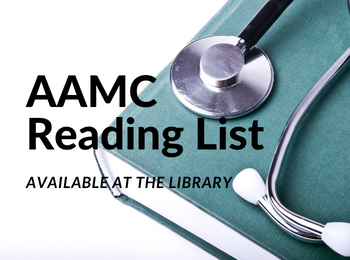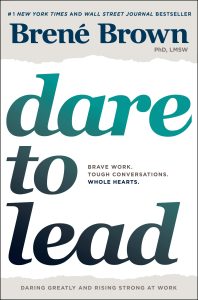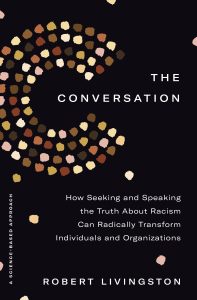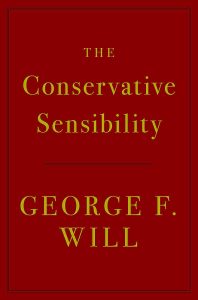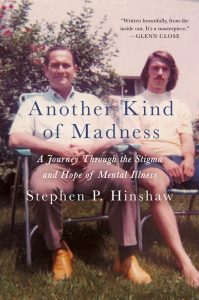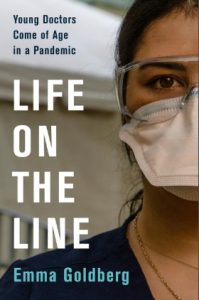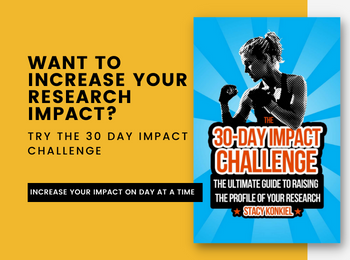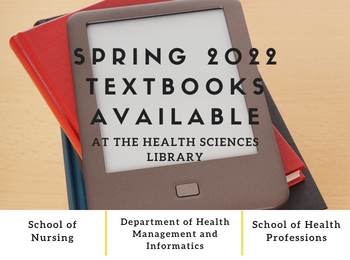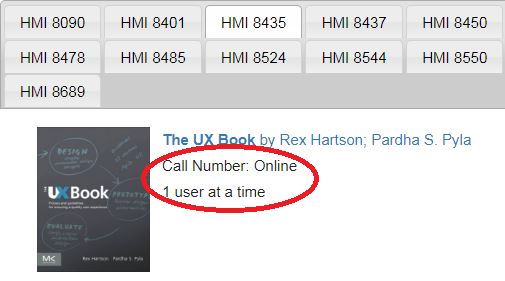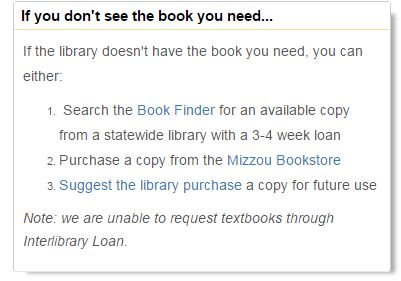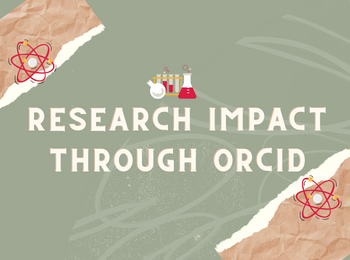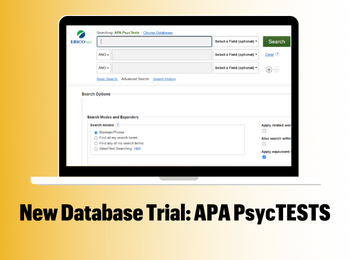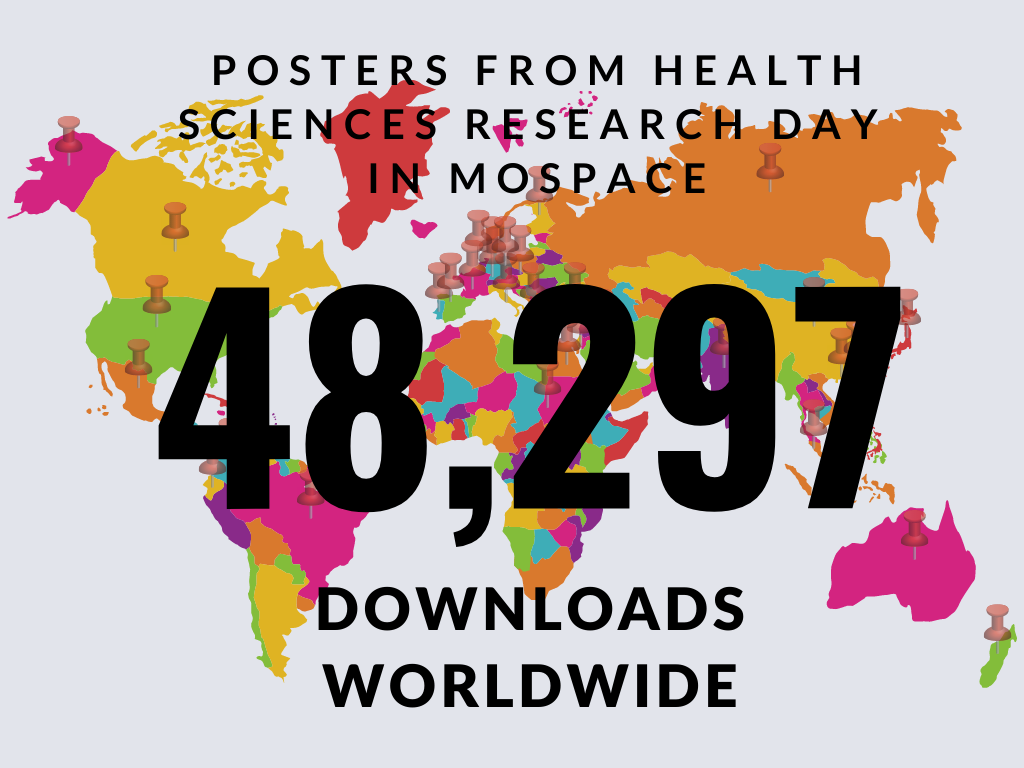Below is a list of recently published Pubmed articles from the University of Missouri related to COVID-19.
If you need assistance accessing the articles, please email asklibrary@health.missouri.edu.
Pubmed collection of MU authored COVID articles
Badawy M, Gaballah AH, Ganeshan D, Abdelalziz A, Remer EM, Alsabbagh M, Westphalen A, Siddiqui MA, Taffel MT, Itani M, Shaaban AM, Elsayes KM. Adrenal hemorrhage and hemorrhagic masses; diagnostic workup and imaging findings. Br J Radiol. 2021;94(1127):20210753. Epub 2021/09/01. doi: 10.1259/bjr.20210753. PubMed PMID: 34464549; PMCID: PMC8553189.
Bordt EA, Shook LL, Atyeo C, Pullen KM, De Guzman RM, Meinsohn MC, Chauvin M, Fischinger S, Yockey LJ, James K, Lima R, Yonker LM, Fasano A, Brigida S, Bebell LM, Roberts DJ, Pépin D, Huh JR, Bilbo SD, Li JZ, Kaimal A, Schust DJ, Gray KJ, Lauffenburger D, Alter G, Edlow AG. Maternal SARS-CoV-2 infection elicits sexually dimorphic placental immune responses. Sci Transl Med. 2021;13(617):eabi7428. Epub 2021/10/20. doi: 10.1126/scitranslmed.abi7428. PubMed PMID: 34664987.
Chang CWD. Bell Palsy and COVID-19: Overcoming the Fear of “Known Unknowns”. JAMA Otolaryngol Head Neck Surg. 2021;147(8):743-4. Epub 2021/06/25. doi: 10.1001/jamaoto.2021.1261. PubMed PMID: 34165521.
Dandachi D, Geiger G, Montgomery MW, Karmen-Tuohy S, Golzy M, Antar AAR, Llibre JM, Camazine M, Díaz-De Santiago A, Carlucci PM, Zacharioudakis IM, Rahimian J, Wanjalla CN, Slim J, Arinze F, Kratz AMP, Jones JL, Patel SM, Kitchell E, Francis A, Ray M, Koren DE, Baddley JW, Hill B, Sax PE, Chow J. Characteristics, Comorbidities, and Outcomes in a Multicenter Registry of Patients With Human Immunodeficiency Virus and Coronavirus Disease 2019. Clin Infect Dis. 2021;73(7):e1964-e72. Epub 2020/09/10. doi: 10.1093/cid/ciaa1339. PubMed PMID: 32905581; PMCID: PMC7499544.
Fabricius MM, Hitchcock NM, Reuter ZC, Simon ME, Pierce RP. Impact of the COVID-19 Pandemic & Telehealth Implementation in a Student Run Free Clinic. J Community Health. 2021:1-5. Epub 2021/09/23. doi: 10.1007/s10900-021-01034-8. PubMed PMID: 34550505; PMCID: PMC8456683.
Friedland A, Hernandez AF, Anstrom KJ, Chen-Lim ML, Cohen LW, Currier JS, Forrest CB, Fraser R, Fraulo E, George A, Handberg E, Jackman J, Koellhoffer J, Lawrence D, Leverty R, McAdams P, McCourt B, Mickley B, Naqvi SH, O’Brien EC, Olson R, Prater C, Rothman RL, Shenkman E, Shostak J, Turner KB, Webb L, Woods C, Naggie S. Design of the Healthcare Worker Exposure Response and Outcomes (HERO) research platform. Contemp Clin Trials. 2021;109:106525. Epub 2021/08/10. doi: 10.1016/j.cct.2021.106525. PubMed PMID: 34371163; PMCID: PMC8349387.
Gregory DA, Wieberg CG, Wenzel J, Lin CH, Johnson MC. Monitoring SARS-CoV-2 Populations in Wastewater by Amplicon Sequencing and Using the Novel Program SAM Refiner. Viruses. 2021;13(8). Epub 2021/08/29. doi: 10.3390/v13081647. PubMed PMID: 34452511; PMCID: PMC8402658.
Johnson SD, Olwenyi OA, Bhyravbhatla N, Thurman M, Pandey K, Klug EA, Johnston M, Dyavar SR, Acharya A, Podany AT, Fletcher CV, Mohan M, Singh K, Byrareddy SN. Therapeutic implications of SARS-CoV-2 dysregulation of the gut-brain-lung axis. World J Gastroenterol. 2021;27(29):4763-83. Epub 2021/08/28. doi: 10.3748/wjg.v27.i29.4763. PubMed PMID: 34447225; PMCID: PMC8371510.
Kaditis AG, Ohler A, Gileles-Hillel A, Choshen-Hillel S, Gozal D, Bruni O, Aydinoz S, Cortese R, Kheirandish-Gozal L. Effects of the COVID-19 lockdown on sleep duration in children and adolescents: A survey across different continents. Pediatr Pulmonol. 2021;56(7):2265-73. Epub 2021/04/23. doi: 10.1002/ppul.25367. PubMed PMID: 33887116; PMCID: PMC8251495.
Kannan SR, Spratt AN, Cohen AR, Naqvi SH, Chand HS, Quinn TP, Lorson CL, Byrareddy SN, Singh K. Evolutionary analysis of the Delta and Delta Plus variants of the SARS-CoV-2 viruses. J Autoimmun. 2021;124:102715. Epub 2021/08/17. doi: 10.1016/j.jaut.2021.102715. PubMed PMID: 34399188; PMCID: PMC8354793.
Leggio WJ, Grawey T, Stilley J, Dorsett M. EMS Curriculum Should Educate Beyond a Technical Scope of Practice: Position Statement and Resource Document. Prehosp Emerg Care. 2021;25(5):724-9. Epub 2021/05/05. doi: 10.1080/10903127.2021.1925793. PubMed PMID: 33945384.
Menon T, Sharma R, Kataria S, Sardar S, Adhikari R, Tousif S, Khan H, Rathore SS, Singh R, Ahmed Z. The Association of Acute Kidney Injury With Disease Severity and Mortality in COVID-19: A Systematic Review and Meta-Analysis. Cureus. 2021;13(3):e13894. Epub 2021/04/22. doi: 10.7759/cureus.13894. PubMed PMID: 33880250; PMCID: PMC8045562.
Qureshi AI, Baskett WI, Huang W, Ishfaq MF, Naqvi SH, French BR, Siddiq F, Gomez CR, Shyu CR. Utilization and Outcomes of Acute Revascularization Treatment in Ischemic Stroke Patients with SARS-CoV-2 Infection. J Stroke Cerebrovasc Dis. 2021;31(1):106157. Epub 2021/10/25. doi: 10.1016/j.jstrokecerebrovasdis.2021.106157. PubMed PMID: 34689049; PMCID: PMC8498748.
Qureshi AI, Rheaume C, Huang W, Lobanova I, Govindarajan R, French BR, Siddiq F, Gomez CR, Sahota PK. COVID-19 Exposure During Neurology Practice: Results of American Academy of Neurology Survey. Neurologist. 2021;26(6):225-30. Epub 2021/11/05. doi: 10.1097/nrl.0000000000000346. PubMed PMID: 34734898; PMCID: PMC8575116.
Ren J, Wu NN, Wang S, Sowers JR, Zhang Y. Obesity cardiomyopathy: evidence, mechanisms, and therapeutic implications. Physiol Rev. 2021;101(4):1745-807. Epub 2021/05/06. doi: 10.1152/physrev.00030.2020. PubMed PMID: 33949876; PMCID: PMC8422427.
Sarkar D, Soni D, Nagpal A, Khurram F, Karkhur S, Verma V, Mohan RR, Sharma B. Ocular manifestations of RT-PCR-confirmed COVID-19 cases in a large database cross-sectional study. BMJ Open Ophthalmol. 2021;6(1):e000775. Epub 2021/09/30. doi: 10.1136/bmjophth-2021-000775. PubMed PMID: 34584962; PMCID: PMC8460530.
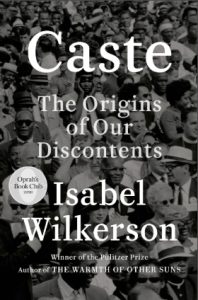 Caste: the Origins of Our Discontents
Caste: the Origins of Our Discontents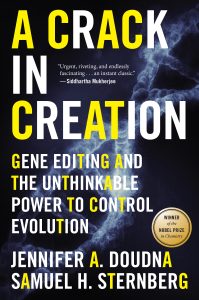 A Crack in Creation: Gene Editing and the Unthinkable Power to Control Evolution
A Crack in Creation: Gene Editing and the Unthinkable Power to Control Evolution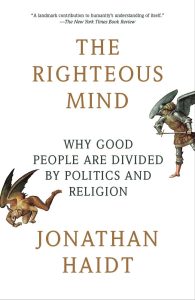 The Righteous Mind: Why Good People Are Divided by Politics and Religion
The Righteous Mind: Why Good People Are Divided by Politics and Religion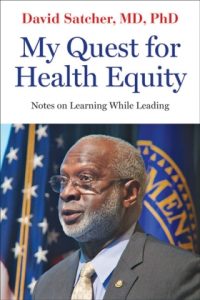 My Quest for Health Equity: Notes on Learning While Leading
My Quest for Health Equity: Notes on Learning While Leading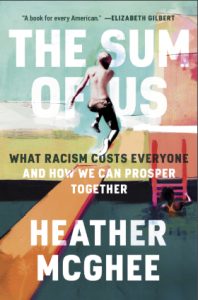 The Sum of Us: What Racism Costs Everyone and How We Can Prosper Together
The Sum of Us: What Racism Costs Everyone and How We Can Prosper Together